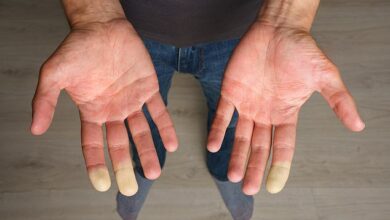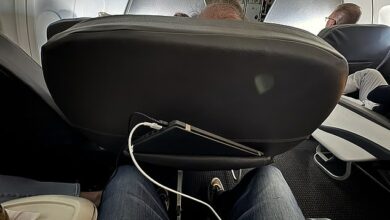Revealed: NHS app is used to book less than 1% of GP appointments, leaving users questioning whether app is useful
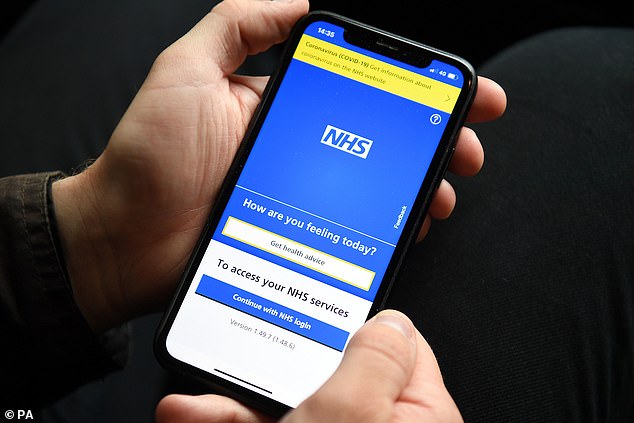
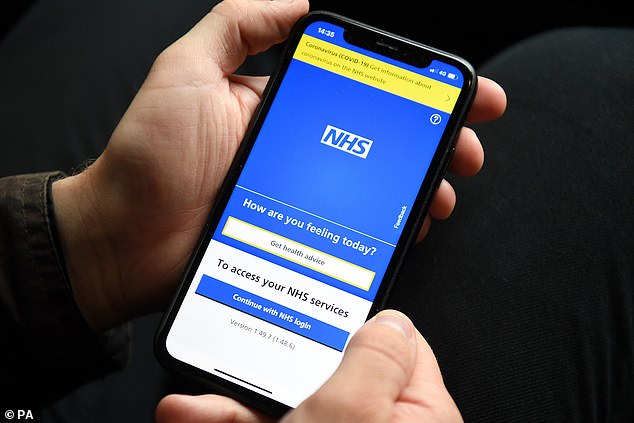
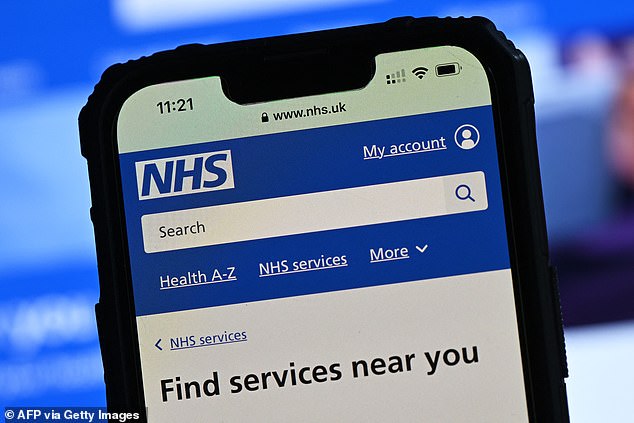
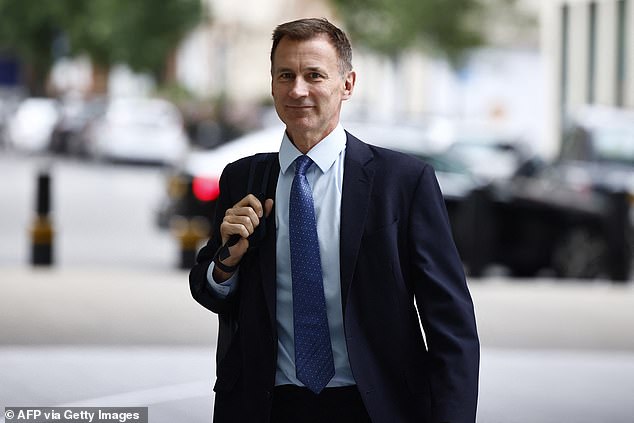
It was set to revolutionise healthcare by allowing patients to book a doctor’s appointment directly from their tablet or smartphone. When the NHS app launched in 2019, then Health Secretary Jeremy Hunt boasted that it would ‘sound the death knell for the 8am race for GP appointments that infuriates so many patients’.
The app is also designed to allow patients to view test results, medical records, upcoming appointments and order repeat prescriptions.
But five years on, the app appears to be failing to live up to its promises. Analysis by The Mail on Sunday found that less than one per cent of GP appointments are booked via the app. And patients and GPs say there are a host of other problems.
Last week, our GP Dr Ellie Cannon wrote in her column that she couldn’t find her own medical records on the app, and asked readers to send in their experiences. In response, we received numerous emails from readers saying that despite their best efforts, they couldn’t use the app either, which they described as ‘useless’ and ‘frustrating’.
Janet Higgins, from Lancashire, was surprised to discover that a friend in a town just five miles away could book appointments through the system, but she couldn’t. She said: ‘I can use the NHS app to order repeat prescriptions, but I can’t book appointments, look up my medical details or check test results.
“But my girlfriend has another medical practice and can look up all her details and book appointments too. It should be available to everyone.”

Person holding a mobile phone with the NHS app. The Mail on Sunday has revealed that the NHS app is used to book less than 1% of GP appointments, prompting users to question its usefulness
Mike Lawrence, from Woking, said he can no longer contact his GP by phone, but he can’t make an appointment using the app. ‘It’s supposed to cover a lot of aspects of a GP’s job, but for the important stuff like appointments it’s useless,’ he said.
It’s not just patients who are reporting problems with the app. Professor Dame Clare Gerada, former president of the Royal College of GPs, says the NHS app has had many positive uses, but she can’t get an appointment with her GP using it.
“I love the app – I can see all my medications and test results,” she says. “But if I’m looking for an appointment, for example, I can only get a pap smear.”
So was it unrealistic of the government to claim that the NHS app could become the primary place to book a GP appointment? Or could the system be improved?
When the app was launched, few people chose to download it, mainly due to lack of publicity or lack of understanding of its role.
Between January 2019 and May 2021, only eight million people signed up. However, when it was announced that the app would display Covid vaccination status, the number of users quadrupled. The app eventually reached 30 million downloads, making it one of the most popular apps in the country. The move came amid suggestions that the government was considering introducing Covid passports, which would require people to be vaccinated to enter public spaces such as nightclubs and football matches.

An illustration from July 7, 2024, shows the National Health Service (NHS) app on a mobile phone screen.

When the app first launched in 2019, then Health Secretary Jeremy Hunt (pictured) boasted it would ‘sound the death knell for the 8am rush for GP appointments that so many patients are furious about’
But after these plans were scrapped, the number of people using the app regularly declined.
The latest NHS England data shows that around eight million people signed up in April, but only 900,000 ordered repeat prescriptions and a staggeringly low 48,000 booked GP appointments. That’s less than one per cent of the seven million appointments made on average each week.
And last year, a report by the parliamentary health and social care select committee warned that the benefits of the app were “not clear to many existing users” and that the NHS needed to do more to “demonstrate that the app is effective.” [its] continued value’. The report added that the app’s ‘current integration with NHS services was limited’.
GP practices and hospitals will need to enter their patients’ NHS data, including recent tests, prescriptions and diagnoses, into the app.
Some experts say crucial information is being missed because doctors aren’t taking the time to update patient notes.
Others say many GP practices have decided not to use the app for appointments because they fear it will disadvantage patients who don’t have it. Around one in 10 Britons don’t have a smartphone, and around four million over-65s don’t use the internet.
“It’s not that doctors are reluctant to accept new technology,” says Dr Helen Salisbury, a GP and medical education expert at the University of Oxford. “They’re worried that appointments will be snapped up quickly – and not necessarily by the people who need them most.”
Instead, Dr Salisbury argues that it is more efficient for GP practices to book appointments over the phone, as GPs can decide who needs to be seen most quickly, rather than giving the next available appointment to the person who can log into the app quickest. ‘Some practices are already being overwhelmed with appointment requests,’ she says, ‘so opening up the system and allowing anyone to book whenever they want is not a good idea.’
Not all readers are unhappy with the app. Michael Treacher, 75, from Staffordshire, has type 1 diabetes and uses the “very useful” app to book GP appointments and order prescriptions.
Margaret Jacques, 78, says she regularly uses the “handy” app to keep track of her upcoming hospital visits and order prescriptions.
However, the majority indicate that they would like to use the app, but that they can only perform few tasks with it.
‘I can’t renew my prescription or see my medical records,’ says Karen Misselbrook from Southampton. ‘All I can see is my name, date of birth and Covid vaccination details. It’s a great idea but it needs to be improved to make it work.’
An NHS England spokesperson said: ‘We are continuing to improve the app. We know there is more to do and we are committed to supporting all practices and trusts to embed new digital tools that will make patient access and appointment allocation easier.’
- To download the app, visit nhs.uk/nhs-app/

